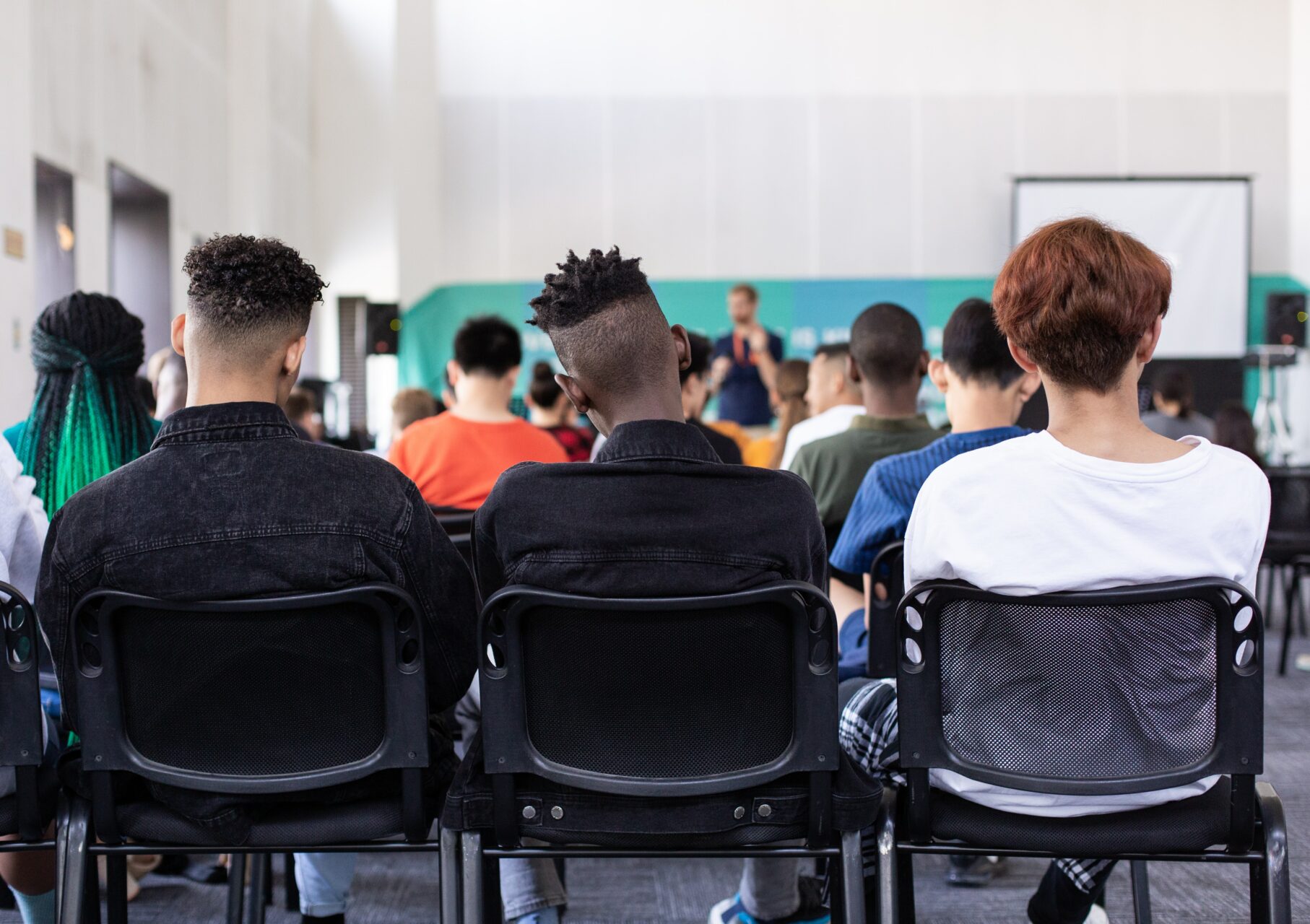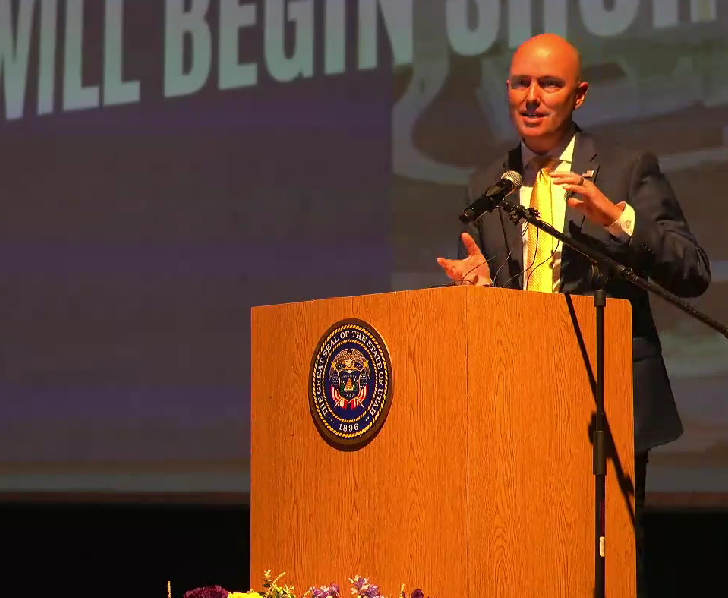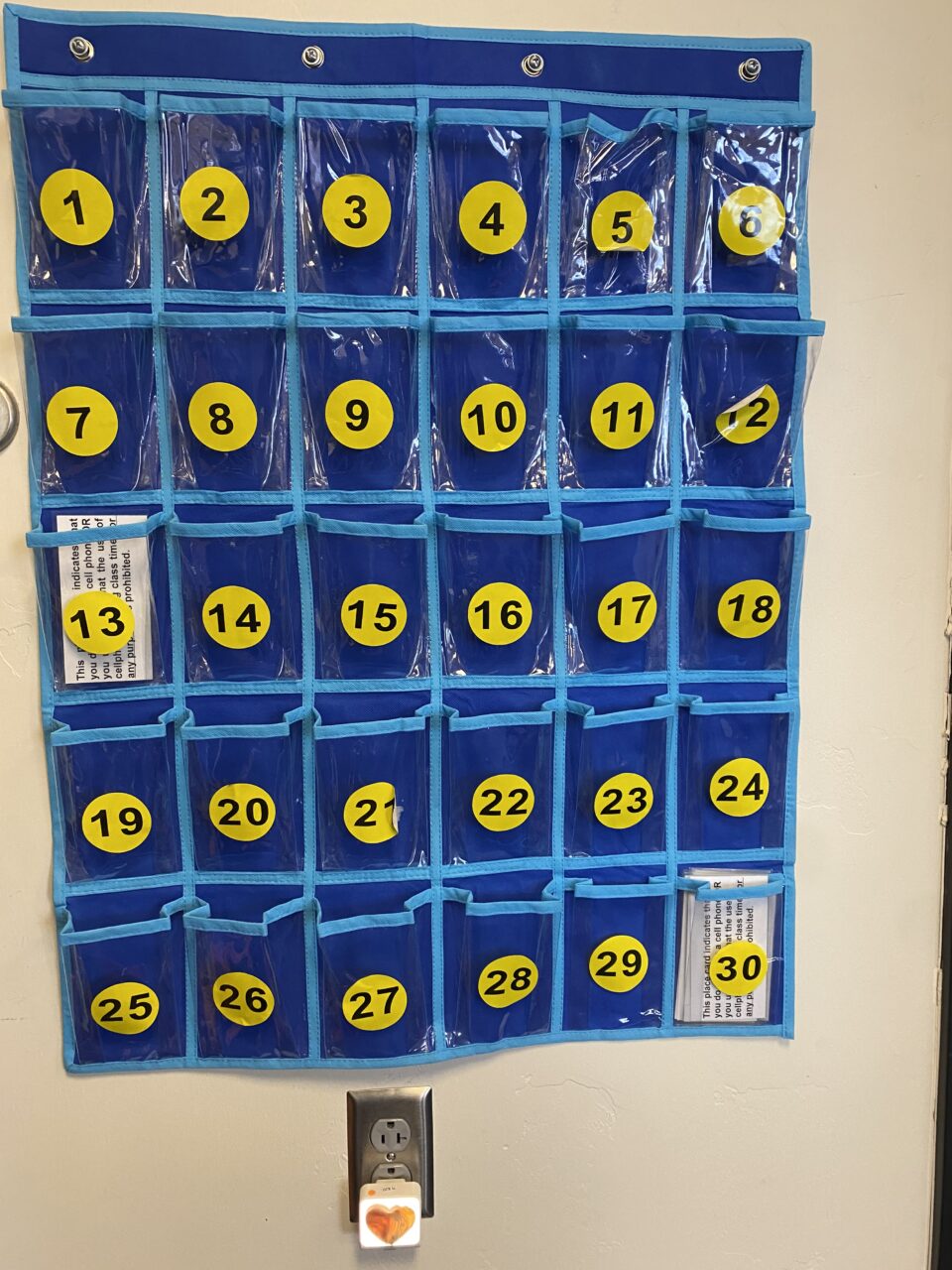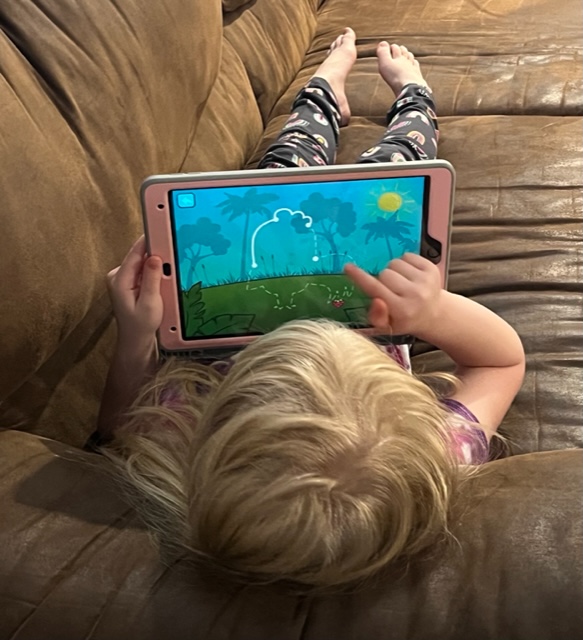
Several teachers and Utah leaders are doubling down on cell phone use in Utah classrooms, including Utah Gov. Spencer J. Cox.

Cox spoke to parents and teachers at Bonneville Jr. High in Holladay on Oct. 17 about the harms of overactivity on social media for teen minds.
“It is no secret social media has a dark side, and it can lead to severe challenges,” Cox said.
He cited multiple studies that examined the correlation between the increase of greater social media use and the rise of depression in teens.
Cox called on Utahns to join him in working together to support solutions that protect teen mental health. Earlier this year, Utah Attorney General Sean Reyes came out with a similar plea to keep kids safe on social media.
“First of all, let’s get cell phones out of our classrooms,” Cox said. He said there are multiple schools in Utah that are piloting this already, including Providence Hall Charter School in Herriman.
Providence Hall High School bans cell phone use
Neal Porter, vice principal of Providence Hall High School, said they implemented a no-cell phone rule starting in fall of the 2022 school year.
Porter said the school faculty noticed lack of focus and attention in their classrooms, especially after the technology-focused teaching approach brought on by COVID-19. They wanted to do something about it.
“There have been huge differences. Every month, teachers I talk to report higher grades and more engagement in their classes,” Porter said.
Providence High U.S. history and financial literacy teacher Kimberly Smith agreed about the differences in performance and engagement that have resulted from less cell phone use.

“Students who historically have gotten C’s, D’s, F’s, are doing significantly better,” Smith said. “We’re asking them, ‘Why do you think that is?’ (They say,) ‘Honestly, I think it’s that I have to have my phone up.'”
Smith chose a system she calls the “phone hotel,” where students put their phones in pockets hung on the wall for the duration of her class. She chose to do this because the school administrators learned through their own research that even the vibration of a phone can be distracting.
“You’re trying to teach a lesson and there’s this kid whose phone is buzzing in their pocket — ‘Is that my girlfriend? Is that my grandma? Is something wrong at home?'” Smith said.
Issues with even younger kids
These may be high school experiences, but even elementary school students can have problems with cell phones.

Fifth grade teacher Kaileigh Johnson will often have kids text their parents that they’re bored, and the parents will come pick them up. Johnson, who works in Springville, said this is merely teaching them that it is okay not to push through boredom and uncomfortable situations.
“The majority of my students see technology as a tool for games and entertainment only, and I think it’s important to show them how technology can be used as a tool for education, learning or future careers,” Johnson said.




